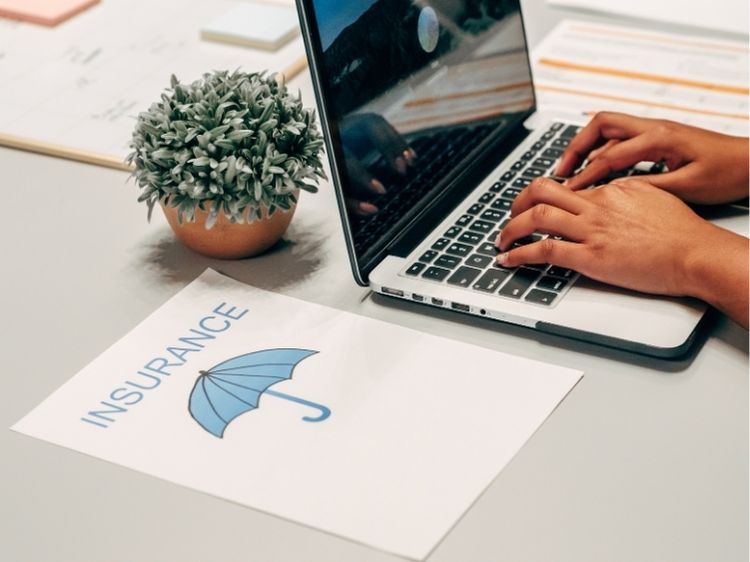Car Accident Claim Tips: A Practical Guide To Auto Claims
What should you do if you are in an Car Accident Claim? First, move your vehicle to the side of a road. Next, call 911 and take photos of both vehicles. Then, exchange information with your insurance company. What do you do if your insurance company calls?
How to deal with your insurance company
A claims adjuster is often the first person to call you. This individual works for your insurance company. This person may be a “staff adjustmenter” who is employed by your insurance company or an “independent adjuster”. An independent adjuster is someone who works for a private firm, but has been hired to do the same job. They will ask you several questions. Generally, they will order them in the following order:
- Your car is located where?
- Is your car damaged?
- What was the cause of the accident?
- Did anyone get hurt?
To ensure that your vehicle is not subject to storage fees from a tow company, they will ask you where it is located. If it is, they will ask for permission to release the vehicle. Many insurance companies will allow you to move your vehicle to their preferred body shop. Your insurance company should be notified if your car is being town. They will move it. This is not a fight to win.
Then they will want to know whether your car has been damaged and where it is located. It doesn’t matter if you speak in auto terms. Just tell them “drivers side”, “passenger side”, “front,” and “back.” If your car is severely damaged, they will be notified. Let them know if the damage is minor.
They may request a recorded statement from you if they want to ask you about the accident. They are not required to record your statement. Although your policy may require you to cooperate with your insurer, most policies do not require you to record a statement. Answer all their questions, but don’t give them a recorded declaration. You can tell them what you know and, if necessary, give them a few days to calm down and then you can talk to them.
Let them know if someone was hurt. You might have medical coverage (medpay) that will cover any injuries you sustain. They should also know if any other people were hurt. Let them know what you know. If you don’t know if someone is hurt, let them.
Repairing Your Car
An insurance company will recommend a preferred shop. They have agreements with shops that can do some work for them (such as taking a photo of your car). They do not require you to visit one of their shops. Any shop is fine. Some shops are preferred vendors by insurance companies. There are also many very poor shops. If you don’t have a recommendation from someone close to you, a trusted friend or family member, do not visit a shop. Once you have determined where you want your car repaired, inform the insurance company. The adjuster will negotiate a price with the shop. This price is what the insurance company will pay and the shop will accept. Your deductible should be the only charge you are charged.
Your car’s original equipment (from) manufacturer parts are called “OEM” or Original Equipment (from). An insurance company might provide an estimate using pricing for aftermarket parts (sometimes called “crash” and “non OEM” parts. It has been much debated whether these parts are as reliable or as good as the original equipment manufacturer parts. Your body shop should agree that non-OEM parts are acceptable in most cases. However, if they recommend OEM parts for your vehicle or you have high-end vehicles, you should ask your insurance company to cover the cost of repair with OEM parts only. Your position can be supported by the simple principles of insurance. Insurance is meant to get you back to where you were before the loss. “Like kind and quality” is the traditional standard for replacement.
You may also be asked by your insurance company to purchase used parts. These parts can be purchased at an auto recycling center from a damaged car. These parts are often OEM parts and can be used as a replacement for damaged parts. Choose the non-OEM part if you have to choose between quality used parts from an auto recycling company or new parts.
A rental vehicle may be available to you. You may also be entitled to a rental vehicle. All additional charges will be charged to you. You can shop around to find the best rental car deal. You don’t have to rent a car from the recommended rental company by your insurer.
How to resolve your injury claim
You have the right to seek compensation for injuries sustained in an accident. This includes your medical bills, lost wages, and pain and suffering. There is no formula to calculate this amount, despite what you might read online. Each case is unique. It takes experience to determine the value of your case. You may want to speak with an attorney.
You have two years to settle your case, or file a lawsuit, if you decide to do it yourself. Even if the adjuster agrees to extend this time, they cannot extend it for you. You must either settle the case or file a lawsuit.
Some adjusters will claim that their computer provided a value. Don’t listen to them. Their software, usually Colossus can’t work out the value of a case. It calculates value based upon what they input. You cannot trust the outcome because you don’t know what they have input. This amount should not be accepted.
Other adjusters may “drop draft” your claim. They will send you a check for $500 and a release. You are asked to sign the check and deposit the check. Then, they will mail you the release. This is unacceptable. An adjuster will not draft you for all of the value of your case. If they try to settle a case at a lower value, they will only drop draft. A check from an insurance company should indicate that you require legal representation.
Conclusion
The insurance adjuster might try different strategies with you if you are involved in an auto accident. The common goal of most of these tactics is to save the insurance company money. Although the best ones may make you believe they are, the insurance adjuster is not your friend. These tips may not be applicable to all situations, but they can give you enough information to let the adjuster know you are familiar with the system. This alone will assist you in your claim.
Related Articles:
https://www.giveinsurance.co.uk/insurance-companies-following-an-accident
https://www.provideinsurance.us/car-accident-claim-tips
https://www.dailyinsurancestudy.com/insurance-after-a-car-accident
https://www.helpsinsurance.com/car-accident-insurance-claim
https://www.rightsinsurance.com/what-is-accident-insurance
https://www.askinginsurance.com/car-insurance-and-insurance-claims
https://www.discussinginsurance.com/accident-insurance-understanding-claims
https://www.accordingtoinsurance.com/accident-checklist-can-be-saved


